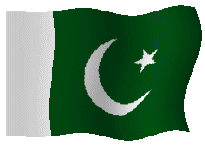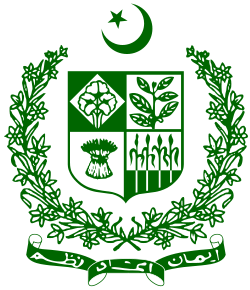 |
||||||
|---|---|---|---|---|---|---|
| ||||||
| |
|---|
| |
| |
| |
| |
| |
| |
| |
| |
 |
|---|
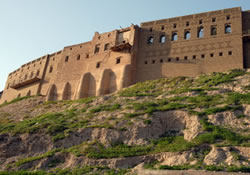 |
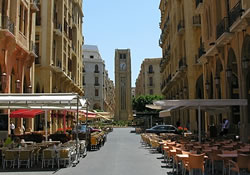 |
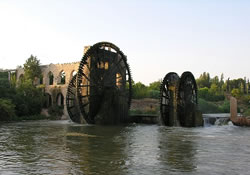 |
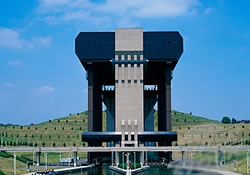 |
About SyriaSyria, officially the Syrian Arab Republic, is an Arab country in Southwest Asia, bordering Lebanon and the Mediterranean Sea to the west, Israel to the southwest, Jordan to the south, Iraq to the east, and Turkey to the north. GeographySyria consists mostly of arid plateau, although the northwest part of the country bordering the Mediterranean is fairly green. The Northeast of the country "Al Jazira" and the South "Hawran" are important agricultural areas. The Euphrates, Syria's most important river, crosses the country in the east. It is considered to be one of the fifteen states that comprise the so-called "Cradle of Civilization". The climate in Syria is dry and hot, and winters are mild. Because of the country's elevation, snowfall does occasionally occur during winter. Petroleum in commercial quantities was first discovered in the northeast in 1956. The most important oil fields are those of Suwaydiyah, Qaratshui, Rumayian, and Tayyem, near Dayr az–Zawr. The fields are a natural extension of the Iraqi fields of Mosul and Kirkuk. Petroleum became Syria's leading natural resource and chief export after 1974. Natural gas was discovered at the field of Jbessa in 1940. TransportSyria has three principal airports - Damascus, Aleppo and Lattakia which serve as hubs for Syrian Air and are also served by a variety of foreign carriers. The majority of Syrian cargo is carried by CFS (the Syrian Railway company) and TCDD (the Turkish counterpart). For a relatively under developed country Syria's railway infrastructure is of a high quality with many high speed services. LanguagesArabic is the official and most widely spoken language. Kurdish is widely spoken in the Kurdish regions of Syria. Many educated Syrians also speak English and French. Armenian and Turkmen are spoken among the Armenian and Turkmen minorities. Aramaic, the lingua franca of the region before the advent of Islam and Arabic, is spoken among certain ethnic groups: as Syriac, it is used as the liturgical language of various Syriac denominations; modern Aramaic (particularly, Turoyo language and Assyrian Neo-Aramaic) is spoken in Al-Jazira region. Most remarkably, Western Neo-Aramaic is still spoken in the village of Ma`loula, and two neighbouring villages, 35 miles (56 km) northeast of Damascus. |
|---|
 |
|||||||||||||||||||||||||||||||||||||
|---|---|---|---|---|---|---|---|---|---|---|---|---|---|---|---|---|---|---|---|---|---|---|---|---|---|---|---|---|---|---|---|---|---|---|---|---|---|
|
|||||||||||||||||||||||||||||||||||||

